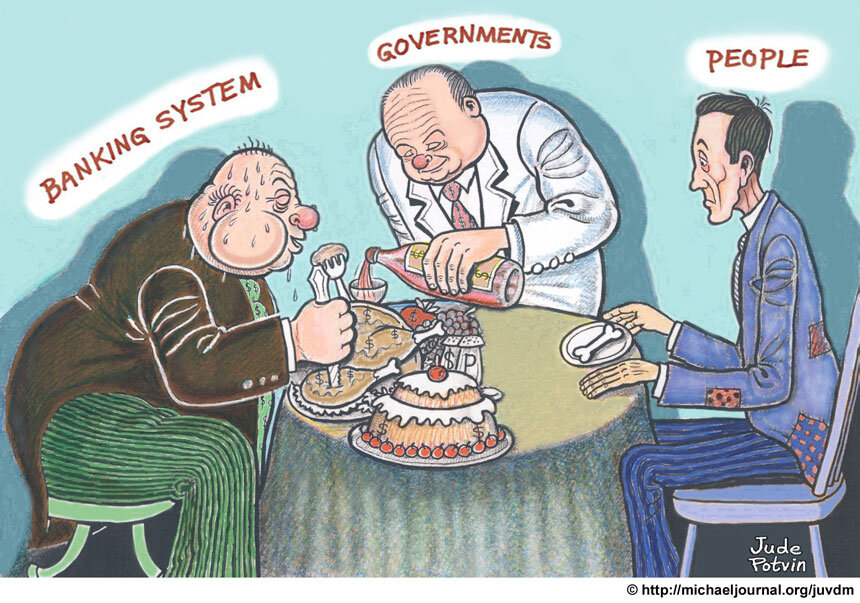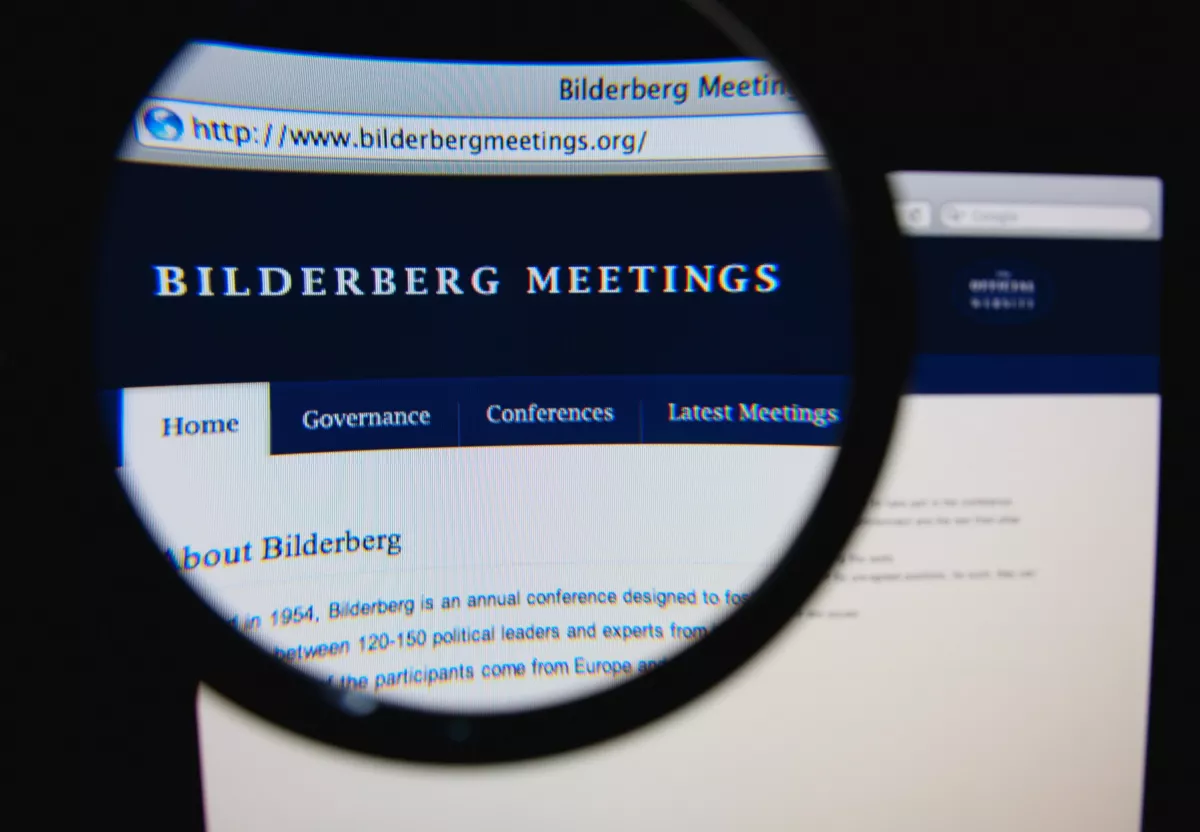
The-UK-Riots-How-Misinformation-Causes-Everything
A car burns on Parliament Road, in Middlesbrough, England, recently. Pic: PA via news.sky.com
The UK Riots – How Misinformation Causes Everything
By Andrew Lowenthal
networkaffects.substack.com
A massive attack on civil liberties is underway in the wake of a week of rioting in the UK. For politicians, the media, NGOs (non-governmental organizations), and academics, our old friend “misinformation” shares a large portion of the blame. It is the excuse that keeps on giving.
“Fake news sparks riots,” “Misinformation fuels riots,” “Misinformation Stoked Anti-Migrant Riots,” Protests “sparked by misinformation,” “Disinformation fuelling the UK far-right riots,” “How false claims about a mass stabbing led to a riot,” “How disinformation spread to start a riot,” and “UK riots spurred by misinformation.” There are literally hundreds of articles of this type, seemingly extracted from the laziest of ChatGPT prompts.
The UK is talking of arresting and even extraditing people from other countries for misinformation. “You may be committing a crime if you repost, repeat, or amplify a message which is false,” said UK Director of Public Prosecutions, Stephen Parkinson. There are calls to expand the already regressive online safety bill and facial recognition, and the Counter Disinformation Unit, which targeted legitimate dissent during Covid, is being rebooted to monitor social media.
Misinformation was spread, particularly in the days when the name of the teenager charged with murdering the three young girls was withheld as per UK law. Once the identity of the alleged attacker was known (a British citizen born of Rwandan parents) the riots in no way abated. It was all fuel for the anti-immigration movement. The people leading the rioting weren’t information connoisseurs, they needed just enough true information to connect to real concerns; “Tinderbox Britain” did the rest.
Don’t lose touch with uncensored news! Join our mailing list today.
It is quaint to think that, had accurate information about the attacker been immediately known, there would have been no viral outrage and protest. Information can direct where energy flows, but the energy and tension were long there. If it hadn’t been this event it would have been another soon enough.
If the roots and shoots of a society are green and healthy, a spark thrown at it is unlikely to do much damage. If the forest is dry, you don’t need a bolt of lightning (real or imagined); a hot summer day is enough for combustion.
Indeed, despite a massive ramping up of progressive anti-racist and pro-immigration campaigns in the past decade, the UK appears to be more anti-immigration than ever. Not only have anti-racism campaigns failed, but the all-stick-no-carrot approach of the last decade arguably exacerbated tensions.
The purpose of blaming “misinformation” is that it deflects from the real issue: a great many Britons are not happy with the scale and results of immigration. According to Wikipedia, a record 1.26 million people arrived in 2022, and recent polls say just 9% of Britons are satisfied with the way the UK government is dealing with immigration.
You may decide that xenophobia and racism are the real causes of the unrest and that there is no legitimate criticism (even of the peaceable and democratic kind) to be had of migration and integration. That, however, does not change the fact that British society is deeply fractured. Do you put everything down to perception and continue with the same policies regardless? No matter how much you suppress and nudge you’ll get the same outcome or worse without real material change, especially as economic conditions likely worsen.
The “misinformation” excuse just kicks the can down the road, and failing to have difficult conversations leaves the terrain open to the extremes. It was always magical to think that papering over such huge issues would work for any serious length of time. If there is an information culprit, it is the shutting down of conversation on difficult issues.
Fact-checkers and NGO workers are overwhelmingly of the post-modern progressive variety and generally supporters of large-scale immigration. For them, too, the fault must not be laid at the scope and scale of existing policy. I have often tried to explain to my progressive friends that large-scale migration is a capitalist program, not an anti-racist one. But this progressive shift fits the broader one where progressives now largely support corporate and government authoritarianism, from Big Pharma to border closures.
Misinformation is the new “the dog ate my homework” for politicians and the media class. The only real solutions are hard and deeply uncomfortable conversations. Repress the conversation, and you amplify the fringe. Creating sustainable policy solutions requires holding the conversation at the centre, and not dismissing everything inconvenient as “misinformation.” The alternative is social Balkanization and expanding authoritarianism.
The repressed always returns, and it is usually ugly.
Originally published at networkaffects.substack.com












